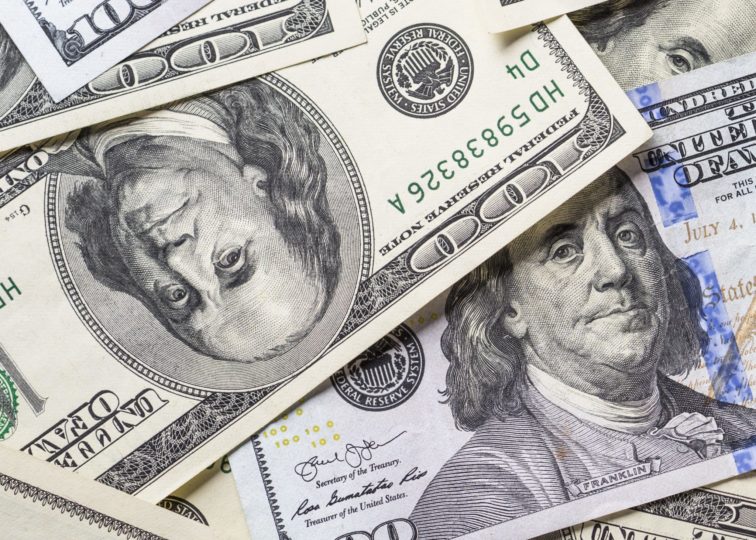
Blog
Will the Growing Money Supply Spark Higher Inflation?
August 6, 2020
With Congress and the Federal Reserve enacting massive fiscal and monetary stimulus to combat the impact of the coronavirus, many economists are concerned about the potential for inflation.
One closely watched metric in gauging potential inflation is the money supply, which refers to the total amount of currency in an economy. There are several ways to gauge to the money supply, but the most commonly used is the M2 money supply, which includes all hard currency, as well as checking and savings deposits and money market accounts.
The M2 money supply has increased by 20% since the end of last year, jumping from $15.33 trillion to $18.3 trillion by the end of July. Year-over-year, the money supply has grown by 23%. No previous year-over-year increase has surpassed 15%, since the Fed started keeping records of this in 1981.
Many economists fear that this could lead to higher inflation, and attribute the recent rush to gold and cryptocurrency to this fear, since inflation will diminish the purchasing power of any cash investments.
Others argue that a larger money supply may do little to impact inflation. The Fed, who ultimately controls the money supply, has consistently failed to meet its 2% inflation target for years, and while there may be more money in the economy, many companies are opting to sit on it rather than spend it. There are also larger factors keeping inflation down, such as wage stagnation and the advent of online shopping, which has limited most businesses ‘ ability to raise prices, as consumers will be able to easily find a better deal elsewhere.
